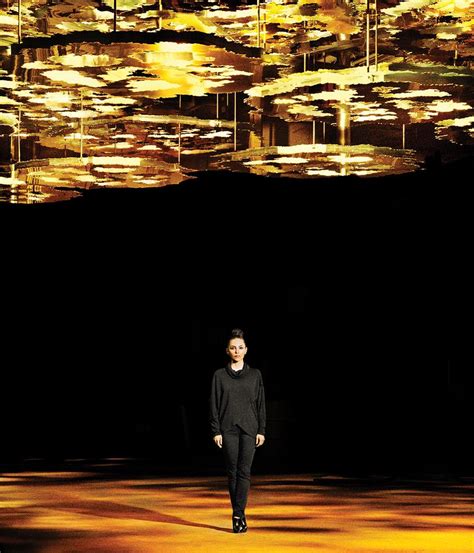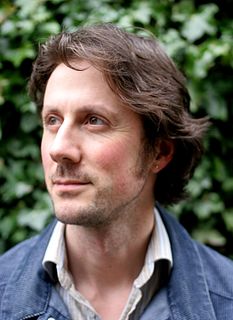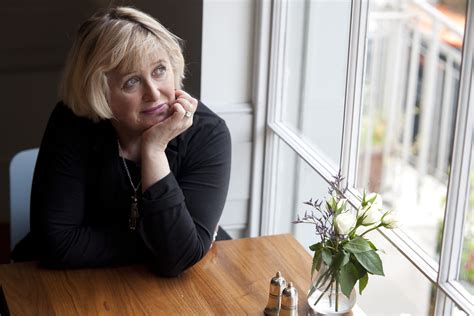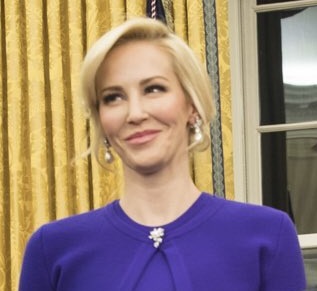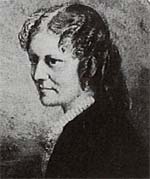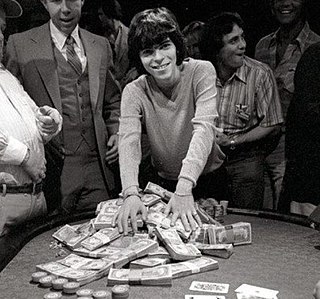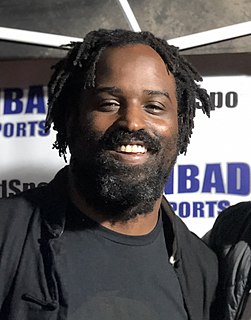A Quote by Megan Phelps-Roper
All I could do was try to build a new life and find a way somehow to repair some of the damage. People had every reason to doubt my sincerity, but most of them didn't. And - given my history, it was more than I could've hoped for - forgiveness and the benefit of the doubt. It still amazes me.
Related Quotes
My father left me with the feeling that I had to live for two people, and that if I did it well enough, somehow I could make up for the life he should have had. And his memory infused me, at a younger age than most, with a sense of my own mortality. The knowledge that I, too, could die young drove me both to try to drain the most out of every moment of life and to get on with the next big challenge. Even when I wasn't sure where I was going, I was always in a hurry.
I have no doubt that faith is only pure when it does not negate the faith of another. I have no doubt that evil can be fought and that indifference is no option. I have no doubt that fanaticism is dangerous. And of all the books in the world on life, I have no doubt that the life of one person weighs more than them all.
Often, we try to repair broken things in such a way as to conceal the repair and make it “good as new.” But the tea masters understood that by repairing the broken bowl with the distinct beauty of radiant gold, they could create an alternative to “good as new” and instead employ a “better than new” aesthetic. They understood that a conspicuous, artful repair actually adds value. Because after mending, the bowl's unique fault lines were transformed into little rivers of gold that post repair were even more special because the bowl could then resemble nothing but itself.
?here's no doubt at all that the Norman conquest led to the hugely concentrated land ownership patterns that we still see in Britain today. Some of Britain's biggest landowners are still direct descendants of Norman barons. And given the impact that Britain has had on the world over the past few hundred years, you could perhaps say this was a global issue. History is always with us.
If I wanted to doubt, then I could doubt endlessly, but at some point a person has to stop questioning and act, and at that point you have to trust something to be true. You have to act as if something is true, and so you choose the thing you have the most reason to believe in, you have to live in the world that you have the most hope in.
I feel like what we love to do is solve problems. If it's easy to solve, we find a more difficult one. There's always a way. In our world, we can build stuff. We can build more sets than you could ever build in live-action. We can build more props just for custom angles or perspectives. We'll build special trees for that, paint a sky. There's really no limitations, except that you run out of time and money at some point.
What should we think of someone who never admits error, never entertains doubt but adheres unflinchingly to the same ideas all his life, regardless of new evidence? Doubt and skepticism are signs of rationality. When we are too certain of our opinions, we run the risk of ignoring any evidence that conflicts with our views. It is doubt that shows we are still thinking, still willing to reexamine hardened beliefs when confronted with new facts and new evidence.
I had often thought that if I managed to live through the war I wouldn't expect too much of life. How could one resent disappointment in love if life itself was continuously in doubt? Since Belgorod, terror had overturned all my preconceptions, and the pace of life had been so intense one no longer knew what elements of ordinary life to abandon in order to maintain some semblance of balance. I was still unresigned to the idea of death, but I had already sworn to myself during moments of intense fear that I would exchange anything - fortune, love, even a limb - if I could simply survive.
There are many different kinds of doubt. When we doubt the future, we call it worry. When doubt other people we call is suspicion. When we doubt ourselves we call it inferiority. When we doubt God we call it unbelief. When we doubt what we hear on television we call it intelligence! When we doubt everything we call it cynicism or skepticism.



